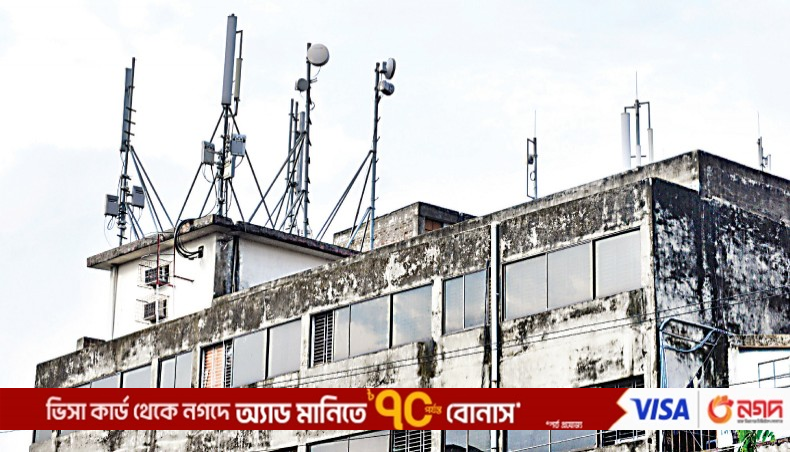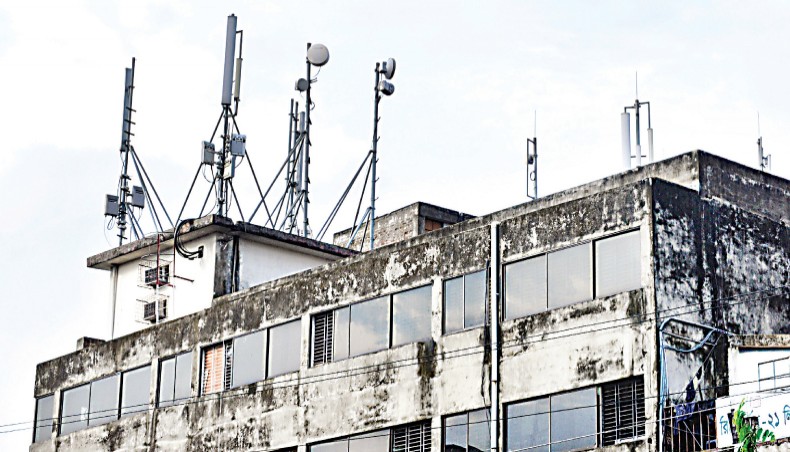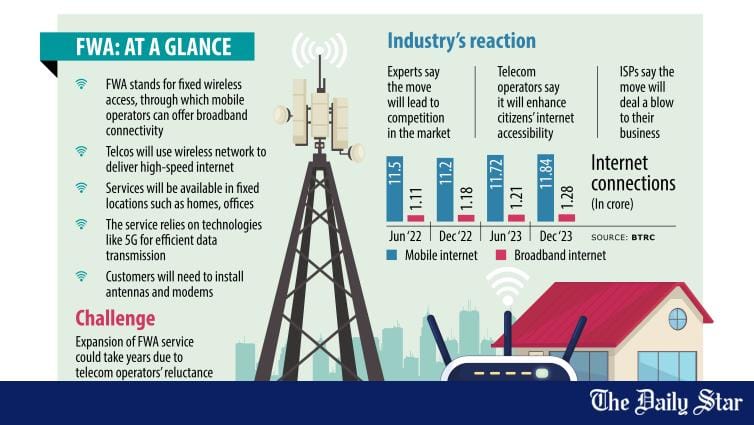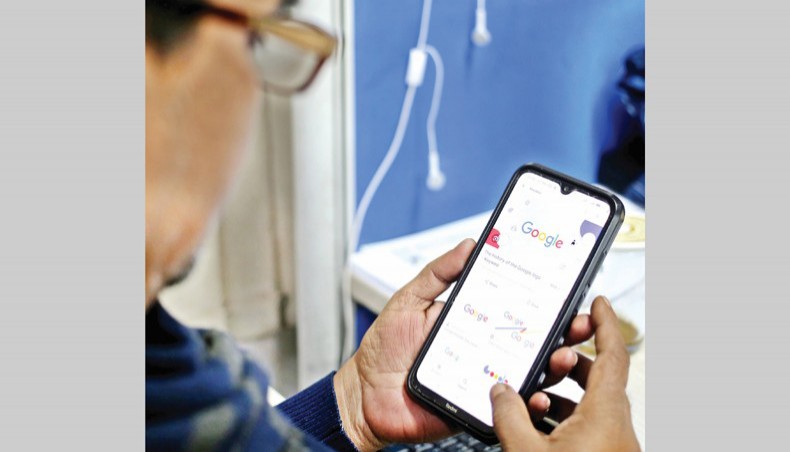Saif
Senior Member
- Messages
- 15,397
- Nation

- Axis Group


Summit acquires 2,012 towers from Banglalink
Summit Towers Limited, a subsidiary of Summit Communications Group, has announced acquisition of 2,012 towers from Banglalink Digital Communications Limited, said a press release. The...
 www.newagebd.net
www.newagebd.net
Summit acquires 2,012 towers from Banglalink
Business Desk | Published: 23:17, Feb 20,2024




Summit Towers Limited, a subsidiary of Summit Communications Group, has announced acquisition of 2,012 towers from Banglalink Digital Communications Limited, said a press release.
The acquisition was completed with transfer of Tk 1,100 crore to Banglalink. To celebrate this occasion, Summit Communications Group hosted an event titled ‘Celebrating Synergy’ at the Ruposhi Bangla grand ballroom of Hotel Intercontinental in Dhaka on Monday.
State minister of posts, telecommunications and information technology Zunaid Ahmed Palak was present as chief guest at the event. ICT division secretary Md Shamsul Arefin and Bangladesh Telecommunication Regulatory Commission chairman Md Mohiuddin Ahmed were present as special guests and Summit Group of Companies founder chairman Muhammed Aziz Khan was present as an honoured guest. Summit Communications chairman Muhammad Farid Khan, managing director and chief executive officer Md Arif Al Islam and executive director Fadiah Khan, among others, were present at the ceremony.
VEON group CEO Kaan Terzioglu and Banglalink CEO Erik Aas were also present.
Zunaid Ahmed Palak said, ‘I would like to appreciate the acquisition process for acquiring these 2,012 towers. With this huge number of towers, Summit Communications will be able to provide much more quality services to the mobile network operators.’
Kaan Terzioglu said, ‘This collaboration enables us to leverage our resources efficiently to create the country’s most diversified and innovative digital portfolio. With innovation, collaboration, and a shared vision, we can unlock the full potential of Bangladesh’s digital future.’




Summit Towers Limited, a subsidiary of Summit Communications Group, has announced acquisition of 2,012 towers from Banglalink Digital Communications Limited, said a press release.
The acquisition was completed with transfer of Tk 1,100 crore to Banglalink. To celebrate this occasion, Summit Communications Group hosted an event titled ‘Celebrating Synergy’ at the Ruposhi Bangla grand ballroom of Hotel Intercontinental in Dhaka on Monday.
State minister of posts, telecommunications and information technology Zunaid Ahmed Palak was present as chief guest at the event. ICT division secretary Md Shamsul Arefin and Bangladesh Telecommunication Regulatory Commission chairman Md Mohiuddin Ahmed were present as special guests and Summit Group of Companies founder chairman Muhammed Aziz Khan was present as an honoured guest. Summit Communications chairman Muhammad Farid Khan, managing director and chief executive officer Md Arif Al Islam and executive director Fadiah Khan, among others, were present at the ceremony.
VEON group CEO Kaan Terzioglu and Banglalink CEO Erik Aas were also present.
Zunaid Ahmed Palak said, ‘I would like to appreciate the acquisition process for acquiring these 2,012 towers. With this huge number of towers, Summit Communications will be able to provide much more quality services to the mobile network operators.’
Kaan Terzioglu said, ‘This collaboration enables us to leverage our resources efficiently to create the country’s most diversified and innovative digital portfolio. With innovation, collaboration, and a shared vision, we can unlock the full potential of Bangladesh’s digital future.’




